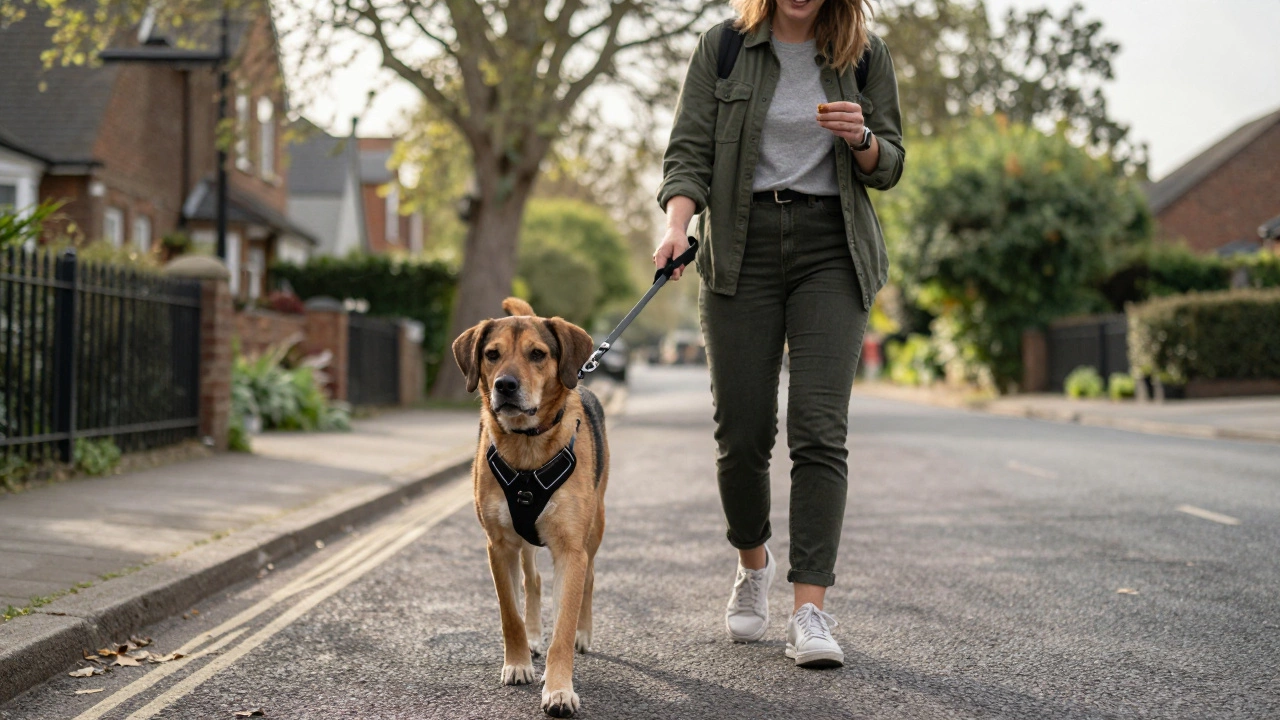Veterinarian Recommendations You Can Trust in South Tyneside
Choosing the right vet is as important as picking the right food or toy. A good vet not only treats illness but also helps you keep your dog or cat healthy day‑to‑day. Below you’ll get straight‑forward advice on what to look for, plus the most useful tips our local vets share.
What Makes a Great Vet?
First, check the clinic’s credentials. In the UK, every qualified vet is registered with the Royal College of Veterinary Surgeons (RCVS). A quick look at the website or a phone call should confirm this.
Next, think about the clinic’s vibe. Do the staff greet you with a smile? Are they willing to explain treatments in plain language? You’ll feel more comfortable asking questions if the team is friendly and patient.
Location matters too. A vet close to your home or work saves time for routine visits and emergencies. Many South Tyneside clinics offer after‑hours or weekend appointments—useful if you work irregular hours.
Finally, consider services offered. Does the clinic do routine vaccinations, dental cleanings, and parasite checks? Some also provide grooming, nutrition counselling, and behaviour advice, which can save you a trip to another specialist.
Top Tips From South Tyneside Vets
1. Keep vaccinations up to date. Puppies and kittens need a series of shots in their first year, then boosters every year or three years depending on the vaccine. A missed booster can leave your pet vulnerable to common diseases.
2. Schedule yearly health checks. Even if your pet seems fine, an exam can spot early signs of arthritis, dental disease, or weight issues. Early detection usually means cheaper, simpler treatment.
3. Watch for subtle changes. Dogs may hide pain, but a sudden change in appetite, energy, or bathroom habits often signals a problem. Cats are masters at masking illness, so any shift in litter box use deserves a vet call.
4. Use preventive parasite meds. Fleas, ticks, and heartworm are common in the North East. Monthly preventatives are cheap and far less stressful than treating an infestation.
5. Ask about diet. Vets can recommend a balanced diet based on your pet’s age, breed, and activity level. Avoid cheap kibble that lists unnamed meat by‑products first; look for real protein at the top.
Our own South Tyneside team at South Tyneside Pet Care Services offers these recommendations in every consultation. We work with local vets to keep your pet’s health plan current and affordable.
If you’re still unsure which clinic fits your needs, try a short “meet‑the‑vet” visit. Most practices welcome a quick tour and a chance to chat before committing. Bring a list of any concerns, and see how the vet responds.
Remember, the best vet partnership is a two‑way street: you provide honest updates about your pet’s behaviour, and the vet gives clear, practical advice. With the right recommendations, you’ll feel confident handling everyday care and spotting when professional help is needed.
Ready to find a trusted South Tyneside vet? Browse our partner list, call for a quick intro, and schedule that first check‑up today. Your pet’s health—and your peace of mind—will thank you.
Are Farmer's Dog Meals Recommended by Veterinarians?
When choosing the right food for your furry friend, it's important to consider whether veterinarians recommend options like Farmer's Dog. This article delves into what makes this brand stand out among the competition. We'll explore the nutritional content, sourcing of ingredients, and how it aligns with veterinary standards. Discover if this fresh dog food is the right choice for your pet's health.






